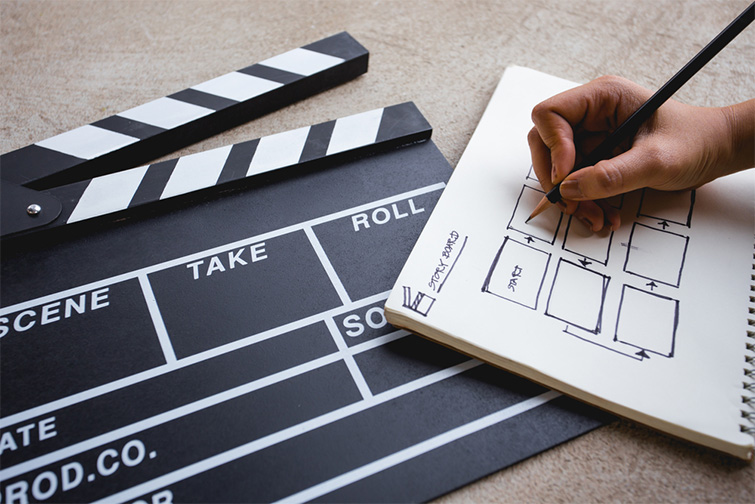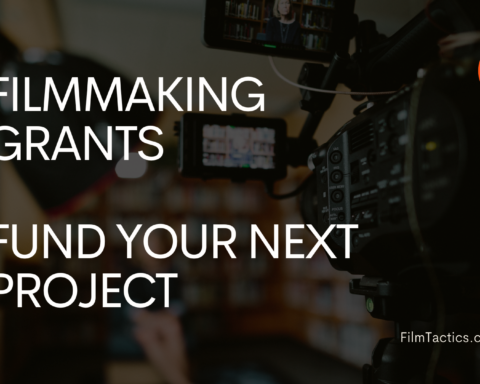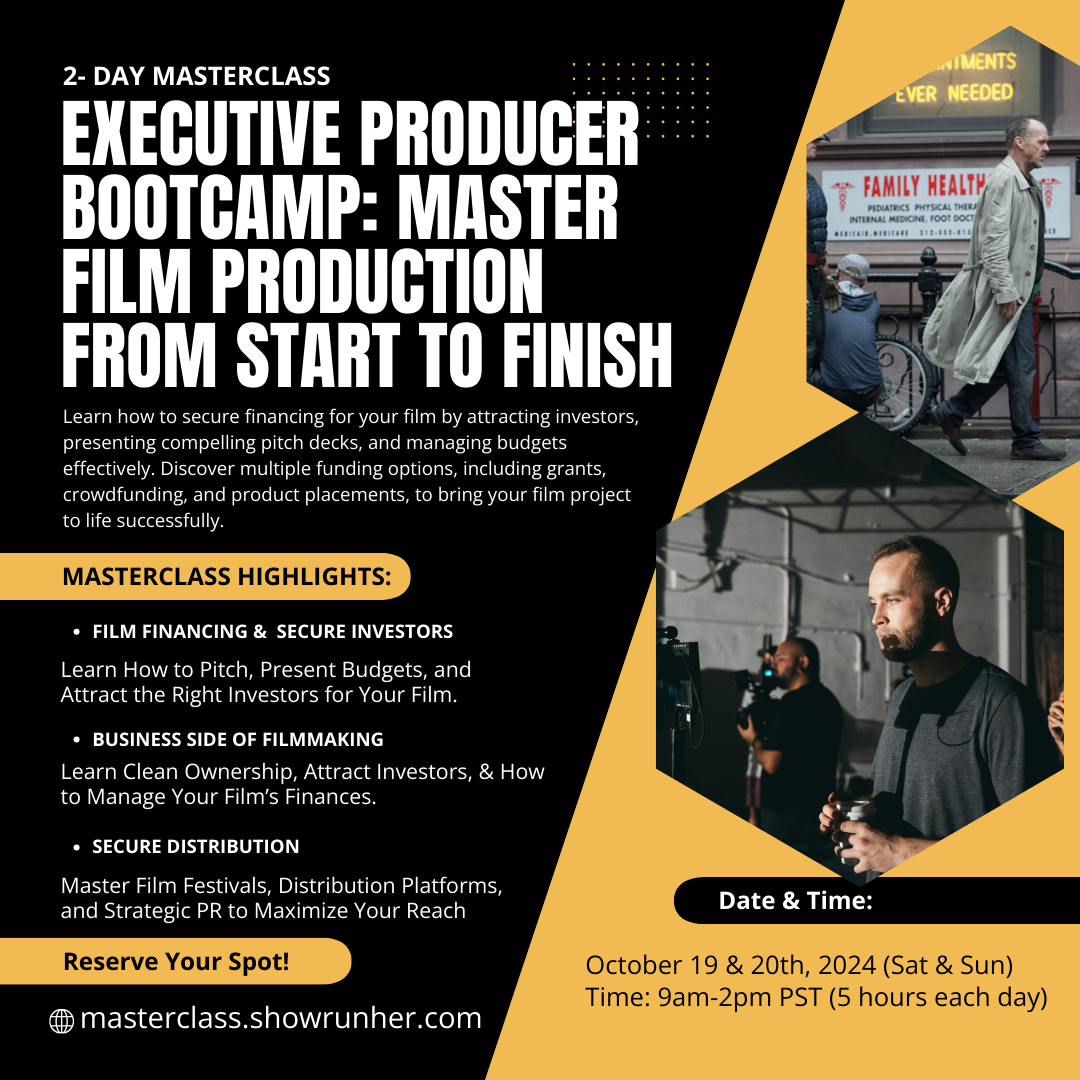When embarking on a filmmaking journey, one of the most critical phases is pre-production. This stage sets the foundation for the entire project, ensuring everything runs smoothly during production and post-production. However, pre-production involves many moving parts, each of which comes with its own costs. Let’s break down the essential pre-production costs that every filmmaker should consider.
1. Development Costs
Every great film starts with an idea, but turning that idea into a script-ready project comes with its own set of expenses.
- Scriptwriting:
Whether you’re hiring a professional screenwriter or writing it yourself, there are costs associated with drafting, researching, and polishing a script. Some filmmakers also invest in script coverage services to get professional feedback on their screenplay. - Script Revisions:
A script rarely comes out perfect on the first draft. Rewrites, edits, and script doctoring services may be needed to refine the story. - Purchasing Rights:
If your project is based on existing material like a book, article, or real-life event, you’ll need to option or purchase the rights to adapt it. - Storyboard Creation:
Visualizing your film early can save time and money later. This might involve hiring a storyboard artist or investing in storyboard software.
2. Casting
Bringing your characters to life requires talent—and finding the right talent comes at a price.
- Casting Directors:
A casting director can help find actors that fit your vision. Their fees are typically based on a retainer or project-based structure. - Auditions:
Renting audition spaces or hosting virtual auditions adds up. Don’t forget the cost of recording and editing audition tapes. - Talent Agencies:
If working with a talent agency, be prepared to pay commissions or introductory fees. Additionally, you may need to cover travel and accommodation costs for out-of-town talent attending auditions.
3. Location Scouting and Permits
Finding the perfect backdrop for your film is crucial, but it’s also an expense that needs careful planning.
- Scouting Costs:
Hiring a location scout to find ideal settings for your film can save time. Be sure to budget for their travel expenses as well. - Securing Locations:
Location rentals often require deposits and daily usage fees, which vary depending on the venue. - Permits:
Filming in public or private spaces typically requires permits. These can include local government fees, permissions for drone use, and arrangements for special circumstances like street closures or night shoots.
4. Legal Fees
Protecting your project legally is a must. From contracts to insurance, these expenses ensure your production is covered.
- Contracts:
Legal documents such as cast and crew contracts, talent agreements, and NDAs should be reviewed or drafted by a professional. - Legal Consultations:
Entertainment lawyers can assist with intellectual property, copyright issues, and any other legal hurdles. - Insurance:
General liability insurance is non-negotiable. Depending on your project, you may also need E&O (Errors and Omissions) insurance and coverage for high-risk activities like stunts.
5. Production Design Planning
Planning the visual aspects of your film starts in pre-production.
- Concept Art and Pre-Visualization:
Hiring artists to create sketches or digital renders of your sets, costumes, and props can provide clarity for your team. - Props and Set Tests:
Even small expenses like testing props or designing initial set layouts should be factored into your budget.
6. Technical Preparations
Your technical crew needs to hit the ground running on day one of production. Pre-production is where these details are sorted.
- Camera and Lens Rentals:
Testing different cameras and lenses before production can help you determine the best tools for your project. - Cinematography Tests:
Collaborate with your DOP (Director of Photography) to experiment with lighting, shot composition, and filming styles.
7. Budgeting and Scheduling
This step ensures your project stays on track both financially and logistically.
- Line Producers or Production Managers:
Hiring professionals to create a detailed budget and shooting schedule is often worth the investment. - Budgeting and Scheduling Software:
Tools like Movie Magic or StudioBinder can streamline the process.
8. Miscellaneous Pre-Production Costs
These smaller costs can add up quickly but are no less important.
- Office Space or Meeting Rooms:
Renting a dedicated space for pre-production activities can improve productivity. - Transportation:
Whether for scouting, meetings, or team coordination, travel expenses should be accounted for. - Printing Costs:
Hard copies of scripts, storyboards, and contracts may be required for team members or legal purposes.
Final Thoughts
Pre-production is the backbone of any successful film. By carefully planning and budgeting for these essential costs, filmmakers can avoid surprises later on. While pre-production may feel like a significant investment, it sets the stage for a smoother and more efficient production phase, saving time and money in the long run.
Ready to start your pre-production journey? Begin with this guide, and you’ll be one step closer to making your film a reality!
Check out these Free Film Production Documents and Templates





